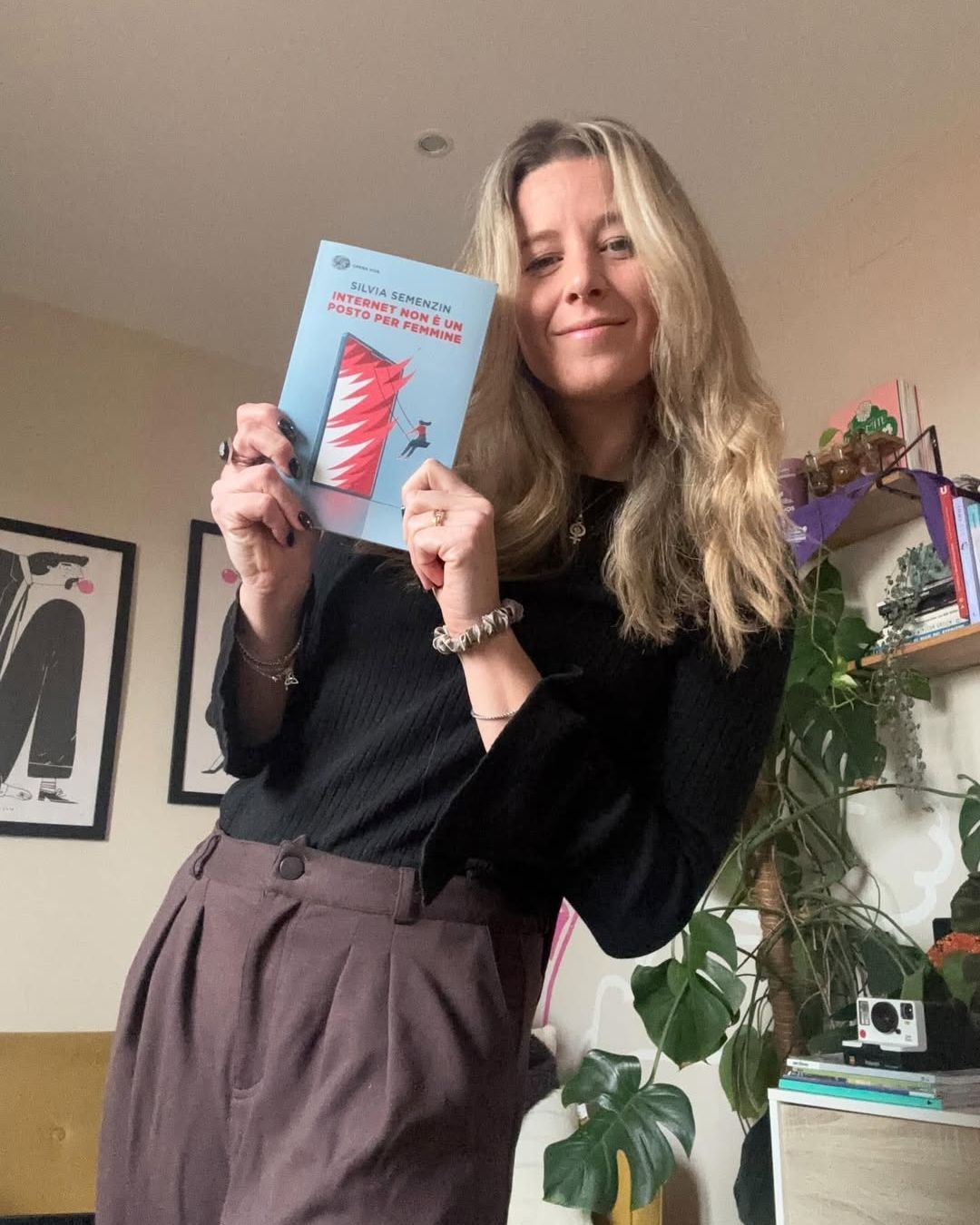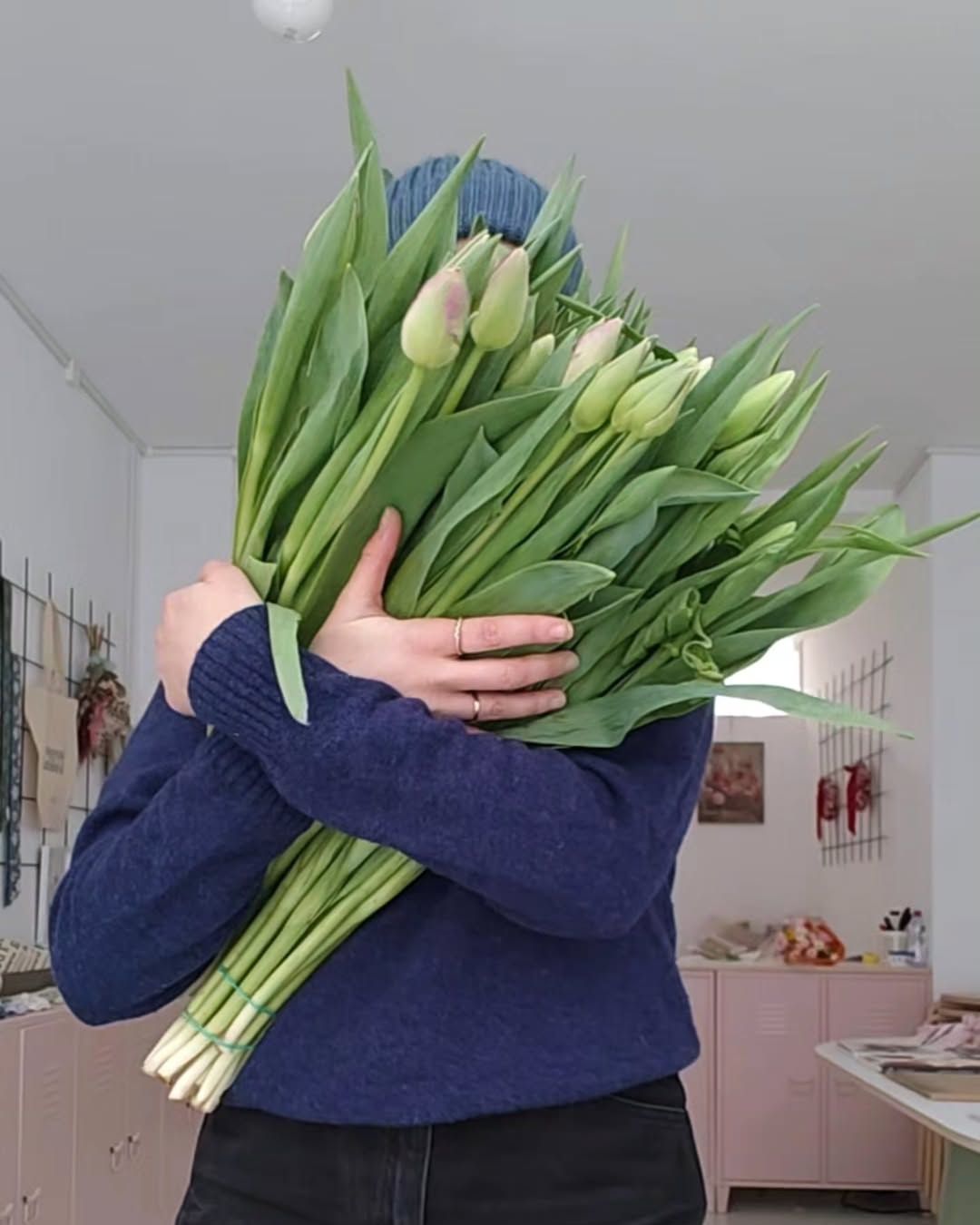
How to support someone who is fasting for Ramadan It might not be easy, here's how to lend a hand
The Ramadan began on March 11th. It is a significant occasion in the Islamic religion, which entails fasting from dawn to sunset during the ninth month of the lunar calendar, not aligning with the Gregorian one. This year, Ramadan extends until April 8th. The exact dates vary annually. Fasting, one of the five pillars of Islam introduced by Muhammad in 624, isn't the sole practice during Ramadan; abstaining from smoking and sexual relations is also observed. Exceptions to fasting include the sick, children, pregnant women, women during menstruation, travelers, or those engaged in warfare — individuals who, due to circumstances beyond their control, cannot fast. In Italy, Ramadan is only starting to gain recognition among the general population. Muslim creators, second-generation Italians, and immigrants to Italy contribute to its portrayal on social media, explaining to friends, colleagues, and neighbors why they cannot eat or drink during this period due to their religious convictions.
A Typical Day During Ramadan
Different segments of the day during Ramadan are strictly scheduled. The day begins with the first meal, known as Suhur, eaten at dawn. Then, fasting commences each morning, inaugurated by a prayer, and is broken by the evening meal, known as Iftār, traditionally starting with dates, following Muhammad's practice. At the end of the month, the celebration of Eid al-Fitr marks the conclusion of Ramadan and the end of fasting from dawn to sunset. It's not easy, which is why Ramadan is often seen as a communal effort. Families come together for the evening meal, pooling efforts to prepare food in advance. However, in Italy, Islamic communities may be less cohesive or challenging to identify. Therefore, without imposing ourselves, showing support to individuals in our lives participating in Ramadan could be meaningful. But how can we do so without being intrusive or judgmental? Some advice comes from Denise Primbet, a British journalist of Islamic faith.
Being Curious is Okay, Judging is Not
According to Denise, fasting holds different meanings for everyone, and those involved enjoy sharing their motivations, discussing their preparations, how their families organize the most important month of the year, how they celebrate, and how they pray. Asking without alienating, without showing morbid curiosity (and above all, without pitying or saying things like "poor you, I don't know how you manage," "I'm so sorry for you," and similar) could be a first step in opening a dialogue, discovering new things, and making the interlocutor feel comfortable without causing frustration or bad feelings. If discussing in a work environment, it might be beneficial to inquire about exact timings and dates each time to offer the opportunity for more flexible working arrangements during Ramadan, perhaps starting earlier and consequently finishing earlier. Lunch breaks at work pose a challenge. Even if a Muslim colleague or friend doesn't eat, it could be considerate, if desired, to include them, without excluding them. The first meal of the day occurs around 4 in the morning, while the second is at 6/7 in the evening, depending on the country.
The Best Gift is Open-mindedness
If you want to show support with a gift, dates are always a good idea. Inviting your Muslim friends to your home for Iftar could be a beautiful gesture of support, closeness, and affection. Similarly, dining at a halal restaurant together could be meaningful. Other small gifts could include sports drinks, facial creams, or masks. However, beyond gifts and dinner invitations, the approach is crucial, remaining respectful and open, curious without malice. Faith can be a private, personal matter. Don't be surprised if the person you're speaking to shares little. No one owes us anything, but starting with a genuine desire to know, to understand, will go a long way, even if we sometimes forget that someone in our life is observing Ramadan and ask them if they want something to eat. The important thing is to do so in good faith.

























































